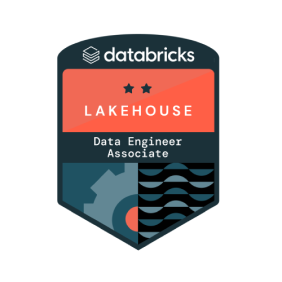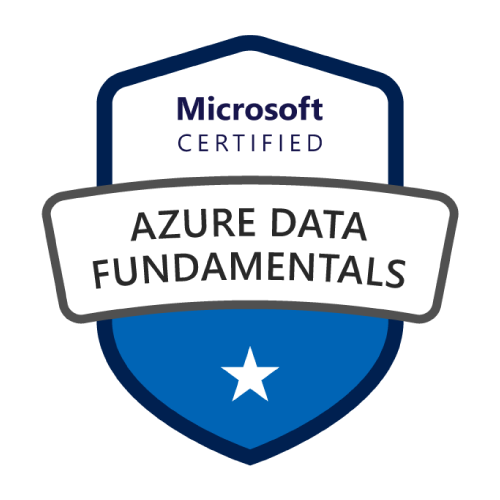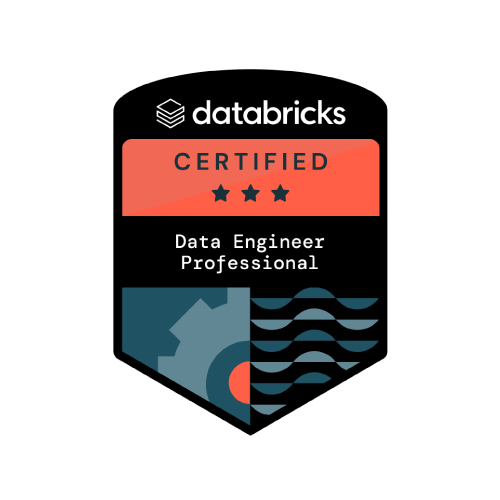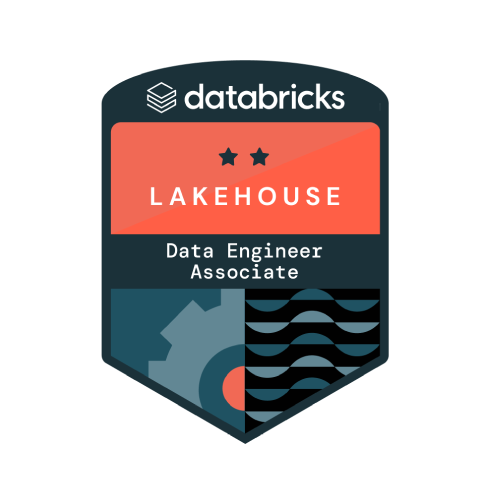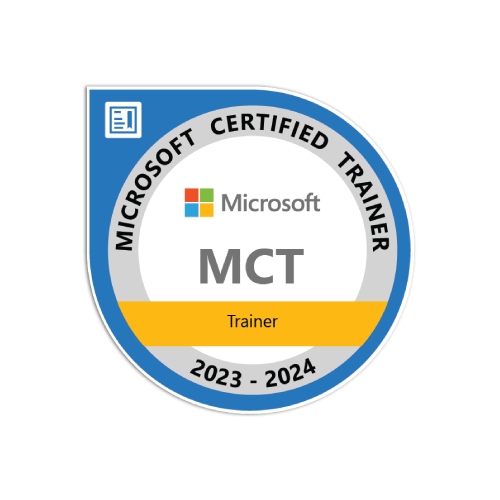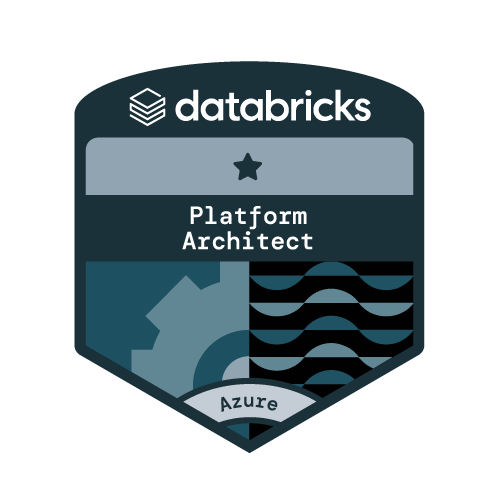BI is entering a new era, one where conversations, not clicks, lead the way. With Power BI Copilot and natural language querying, users are skipping dashboards and heading straight for answers. The secret to making it all work? A clean, trusted semantic model. Here’s how the future of analytics is shifting, and what it means for data teams.
Same Goal, Smarter Tools: From Dashboards to AI-Powered Conversations
Imagine it’s the year 1725. You want music, so you gather around a singer. Today? One tap on Spotify and the melody begins. The need to enjoy a song hasn’t changed. Only the way we deliver it has. The same is happening in analytics: we started with Excel, then Power BI, and now enter Copilot in Microsoft Fabric.
The job, getting clear, trusted answers to guide decisions, is the same. What’s evolving is how fast, how easily, and how intuitively we get them.
Why Dashboards Are Failing, and How Conversational Analytics Fixes It
Our friend Pablo Moreno once called dashboards the “true bottleneck” in analytics, and he was right.
You build a brilliant report, answer ten solid questions… and then the business asks the eleventh. The twelfth. Suddenly, you’re spinning up more visuals, duplicating tabs, patching DAX, and maintaining yet another version of the truth.
That’s where Power BI Copilot changes the game. The stand-alone “Chat with your data” experience, a full-screen panel in Microsoft Fabric, lets users explore all datasets they have access to. Ask a question, and get a chart or narrative insight instantly.
No tickets. No developer sprints. Just conversation.
Copilot breaks the dashboard bottleneck. It turns ad-hoc curiosity into self-serve insight, helping users follow their thought process without friction.
Dashboards aren’t going away (just like live music didn’t vanish). But they’ll become the album art, not the jukebox. In this next act of analytics, conversation takes center stage.
What Changes in a Conversation-First Analytics World?
Welcome to conversation-first analytics, where your day starts with insight, not a dashboard.
| Old habit | Conversation‑first habit |
| Open a dashboard each morning | Receive an AI‑generated brief summarising what changed overnight |
| Build new pages for each ad‑hoc query | Ask Copilot and get a chart + explanation instantly |
| Email analysts for tweaks | Self‑serve follow‑ups in chat, 24 × 7 |
This isn’t future talk, it’s already here. In Fabric, Copilot can:
- Search across all workspaces
- Generate full report pages from a single prompt
- Explain how it got to its answer
And it’s not just Microsoft. Tools like ThoughtSpot’s Spotter and Databricks LakehouseIQ show that conversation-first analytics is becoming the norm, not a novelty.
The takeaway? You don’t build dashboards for every question anymore. You build a model once, and conversations do the rest.
Semantic Model: The Real Star of AI-Driven BI
For years, you could hide a messy data model behind a gorgeous dashboard.
Broken relationships? Inconsistent measures? Poorly named columns? No problem, just slap on some sleek visuals, and no one would notice.
But now, Copilot rips the lipstick off the pig.
In a world of conversational analytics, your model speaks before you do. If it’s unclear, Copilot will let users know: “Sorry, this answer might be off.” It doesn’t guess, it reflects the quality of your semantic layer, for better or worse.
That’s why the semantic model is no longer a backend concern. It’s the main stage.
To unlock the full power of Copilot in Power BI, teams need to treat model hygiene as a non-negotiable. Here’s what that looks like, and why it matters:
| Semantic model must-have | Why it matters to Copilot |
| Clear star schema | Helps Copilot eliminate ambiguity when parsing natural language |
| Well-documented measures | Maps business questions like “YoY growth” to the right DAX |
| Rich descriptions & synonyms | Translates human phrasing to technical metadata |
| Row- or object-level security | Ensures answers are tailored to the user’s permissions |
| AI-ready schema + verified answers | Grounds Copilot and minimizes hallucinations |
And this is where Power BI shines. Its in-memory engine (VertiPaq), support for Direct Lake, and granular security controls make it uniquely prepared to become the semantic brain of your enterprise.
Because in this new world, the dashboard is just the skin. The model is the message.
What Data Leaders Need to Know About Power BI Conversational Analytics
For data leaders, Copilot doesn’t just change how people work, it changes what’s worth investing in.
In the world of conversational analytics, the flashy UI is no longer where value lives. The real asset? Your semantic model.
That’s where your effort pays off. In strong relationships, clean metadata, and verified answers that Copilot can trust. UI polish can wait. Trust can’t.
Governance, too, needs a rethink. Treat Copilot like you would any powerful system user:
- Give it access with intention
- Track what it sees and says
- Manage its lifecycle with the same rigor as a service account
The cost model shifts as well. A Fabric F2 capacity (~$156/month per workspace) might replace dozens of dashboard rebuilds, freeing up your team to work smarter, not harder.
And perhaps most importantly: you’ll need to build data literacy across your organization. Not everyone needs to write DAX, but everyone should know how to ask great questions, and how to sense when an AI answer needs a second look.
Because in this new era, getting answers is easy. Knowing which ones to trust is the real skill.
Power BI Devs: Shift from Dashboard Artists to AI Modelers
If you’re a Power BI developer, your role is about to get a serious glow-up.
For years, your craft was visual. You perfected pixel alignment. You squeezed performance from brittle DirectQuery chains. You patched DAX at the page level to make it just work.
But with Copilot and conversational analytics, the canvas fades, and the semantic model takes center stage.
It’s time to shift from dashboard artist to model sculptor. Here’s what that looks like:
| Retire | Embrace |
| Canvas pixel-perfecting | Star schema design |
| Page-level DAX hacks | Central, reusable measures |
| Manual perf tweaks on DirectQuery | Direct Lake + aggregation policies |
| “Make it pretty” requests | Prompt engineering & answer validation |
Your new superpower? Modelling for AI context.
Because when users ask natural-language questions, it’s not the visuals that answer, it’s your model. The better it understands intent, the smarter your entire business becomes.
And that makes you more than a report builder. It makes you the architect of trusted insight.
What’s Next for BI? The Future of Conversation-Driven Analytics
Conversation-driven analytics won’t kill dashboards, any more than Spotify killed live gigs. But it will change where the journey starts. Soon, your users won’t begin with a dashboard. They’ll begin with a question. A prompt. A “what if?”
Then, when they’re ready to dive deeper, into patterns, into visuals, into stories, they’ll jump into an auto-generated dashboard crafted on demand.
And when they have to click “export to dashboard”? They’ll roll their eyes, the way they once did at “export to Excel.”
The winners in this new era? They won’t be the teams with the flashiest reports or the most DAX tricks. They’ll be the ones who understand this truth:
It’s never been about the tool.
Not Excel. Not Power BI. Not even Copilot.
It’s about the job to be done, getting trusted answers, faster.
So invest in your semantic model. Curate your metadata. Let the delivery layer evolve as it needs to.
The voice will still sing. It just won’t be standing next to you anymore.

















